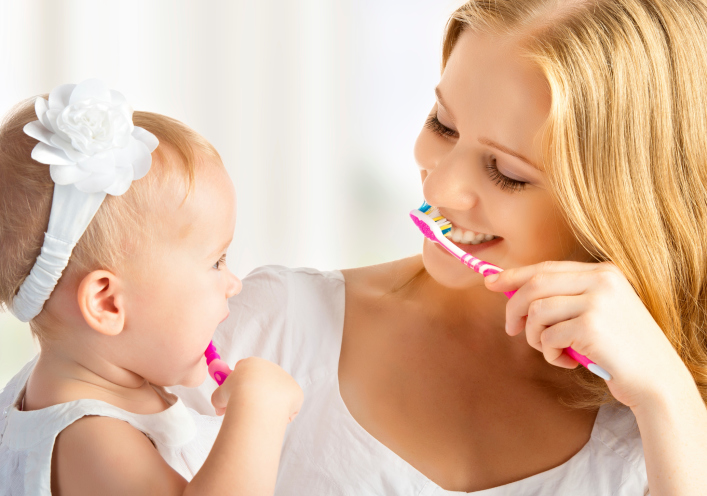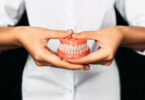February is National Children’s Dental Health Month, providing the opportunity for parents to stress the importance of good oral health in their little ones.
Visiting the Dentist
Children should first visit the dentist typically between the ages of three and five. A pediatric or family dentist is recommended.
“Make sure the dentist has a good rapport with children,” suggests Amy Thomas, a registered dental hygienist with Morrison Dental Group, which has offices in Norge, Williamsburg and Chincoteague.
Parents can prep children for their visit by having them come along when mom or dad needs a checkup.
“Bring children with you to your appointments so they will know that it is okay and not scary,” Thomas says. “Prepare your child for their visit by telling them they will get their teeth brushed with the dentist’s special toothbrush and the dentist will count their teeth.”
Care Habits
Children should see a dentist twice a year when they are of age. Ensuring good dental health, though, first begins at home, and even infants with teeth should get in the habit.
“Caring for baby teeth are just as important as caring for adult teeth,” Thomas says. “You are never too young to begin oral health care as research has shown the oral cavity connects systemically to the rest of the body. The oral cavity is the gateway. It is highly possible that if decay is present in primary teeth, the permanent teeth coming behind them may also become decayed.”
There are various types of toothbrushes for babies, young children and teenagers, depending on their age. Keeping it fun at home is a good way to get children to brush and floss routinely.
“You want the brush to fit properly and comfortably in the child’s mouth,” Thomas says. “The infant toothbrushes also help with the discomfort of teething. While children still have their primary teeth, it is okay to use the floss piks. Choose the floss piks that have different characters on the handle to make them fun for children.”
Get Involved
Dr. Nancy Schumann with Nancy Y. Schumann Professional Dentistry Center in New Town adds: “Up until age ten, parents will typically have to follow up on brushing and flossing. Two minutes is the recommended amount of time for brushing. Reinforce positive behavior using sticker charts, sun sand timers and small electronic toothbrushes.”
A fluoride rinse such as ACT is also recommended, though not until children are old enough to swish and spit without swallowing.
The idea is to make the experience enjoyable, not a task. Books, videos and music are other ways to educate children on the importance of good dental hygiene, but the best way is to lead by example.
“The best thing for good overall dental health in children is good overall dental health in parents,” Thomas says. “Good habits begin with parents.”
For more information on National Children’s Dental Health Month, visit the American Dental Association’s website at www.ada.org.





